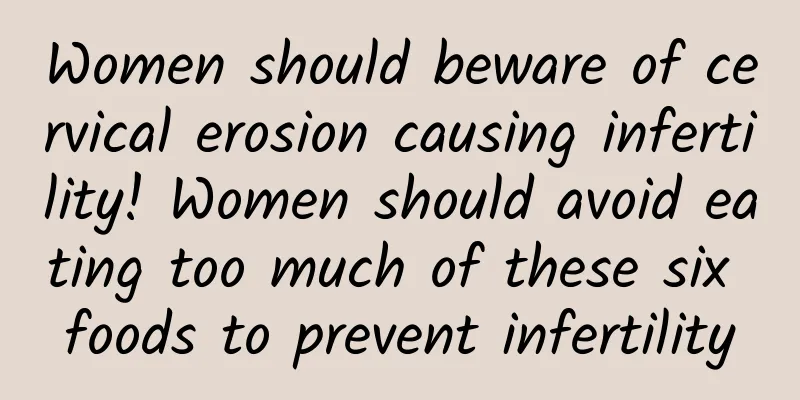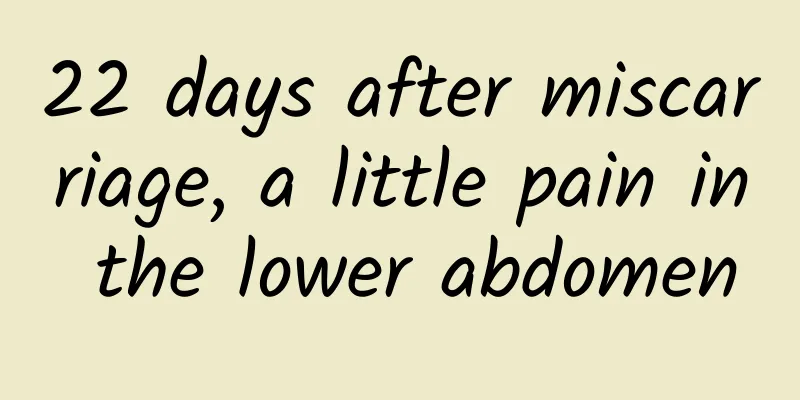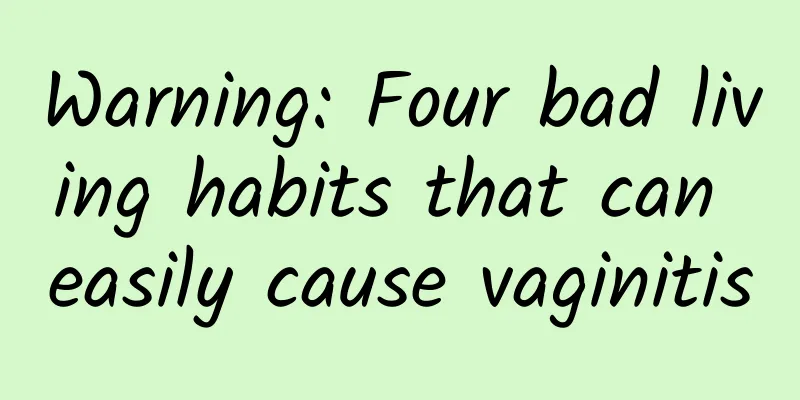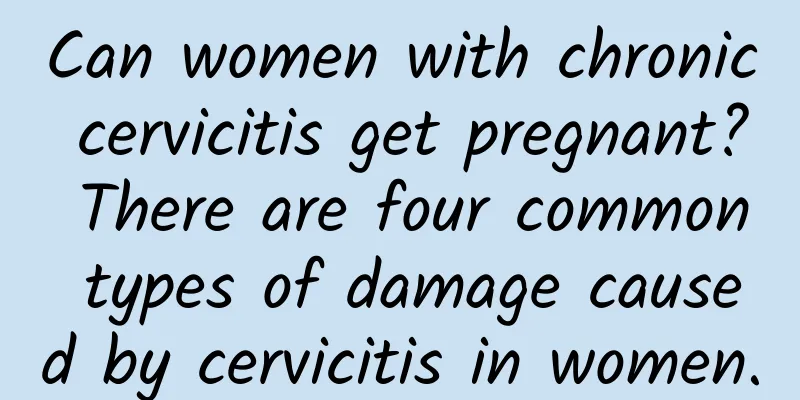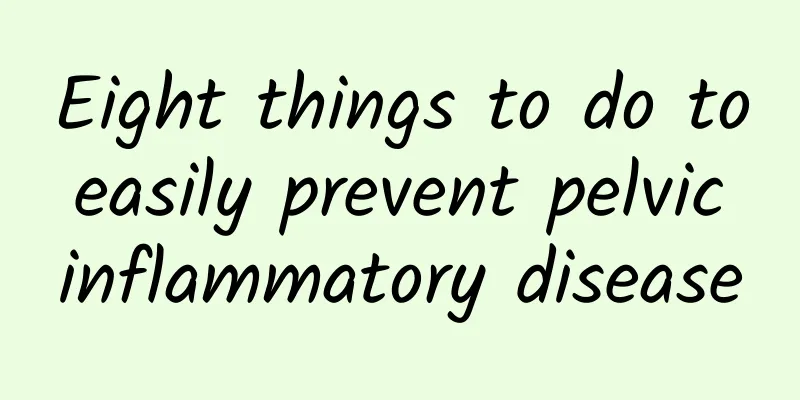What not to eat after miscarriage

|
Women are not unfamiliar with the word "abortion". Once a miscarriage occurs, it is conceivable that the body is very weak and the face looks haggard. Then you need to supplement more nutrients from food to promote body recovery. For example, red dates, longan, etc. There are also some foods that cannot be eaten after miscarriage, so what can't be eaten after miscarriage? For every woman who has had an abortion, her body is in a weak state. And her body's immunity will also decrease, so she is prone to illness. Therefore, women in this period need to use food to supplement the nutrients needed by the body. So what should women not eat after an abortion? 1. Do not eat irritating foods after abortion, such as fried and spicy foods, to avoid aggravating bleeding. Fried foods will aggravate symptoms such as dry mouth and constipation. Avoid eating irritating foods, such as chili, pepper, ginger, wine, vinegar, etc., because these foods can stimulate congestion of sexual organs and increase menstrual volume. 2. After abortion, you cannot eat greasy food, such as fat, animal fat, etc. After abortion, the stomach tension and intestinal motility are weak, which will cause indigestion. Limit fat intake. After abortion, you need to rest completely, and high-fat food will reduce your appetite, reduce the intake of protein, sugar, and vitamins, and easily cause obesity. 3. After a miscarriage, you cannot eat cold foods such as crabs, river clams, and snails. Because after a miscarriage, the food is warm and nourishing, and these foods are not conducive to recovery. You cannot eat hard food for digestion reasons. 4. Do not eat raw or cold food after abortion, especially for women with poor spleen and stomach function. Too cold food will hurt the spleen and stomach and affect digestion. In addition, on the basis of normal diet, appropriately limit fat. Within one week after surgery, fat should be controlled at about 80 grams per day. People with menstrual disorders should avoid eating irritating foods, such as peppers, wine, vinegar, pepper, ginger, etc. These foods can stimulate congestion of sexual organs and increase menstrual volume. Also avoid eating cold foods such as crabs, snails, and river clams. You must avoid the above-mentioned taboos and avoid overeating to avoid bad consequences. You should stay in bed for 1 to 2 weeks after abortion and avoid physical labor too early to prevent overwork. If you engage in heavy physical labor too early, it can increase the incidence of uterine prolapse. |
<<: What is the cure rate for habitual abortion?
>>: What is the best way for women to prevent miscarriage?
Recommend
Three major types of ovarian cyst patients
Ovarian cyst patients can be divided into physiol...
Causes of pelvic inflammatory disease in women
Pelvic inflammatory disease is very common in cli...
How are uterine fibroids diagnosed?
Generally speaking, uterine fibroids are benign t...
How much does it cost to get tested for endometriosis?
As our living standards continue to improve, our ...
How to prevent Trichomonas vaginitis
How to prevent Trichomonas vaginitis? The occurre...
Four effective methods for detecting uterine fibroids
Once female friends have symptoms of uterine fibr...
Wearing high heels to appreciate flowers poses dangers - 3 tips to prevent foot injuries
April is the flower-viewing season. The outpatien...
How big does a uterine fibroid need to be before surgery is needed? What are the symptoms of uterine fibroids?
Uterine fibroids often threaten the patient's...
What is the difference between uterine cyst and fibroids? Which one is more serious?
Uterine adenoma and fibroids are common gynecolog...
Dietary conditioning methods after painless abortion surgery
Painless abortion surgery is already relatively m...
How to treat chronic pelvic peritonitis
Pelvic peritonitis is one of the most common dise...
What should I pay attention to after I have just had an abortion? What should I eat after I have just had an abortion?
What should I pay attention to after having an ab...
Uterine fibroids small recipe
Uterine fibroids are a common benign tumor of the...
How should patients with dysmenorrhea be treated and nursed back to health?
Many women suffer from dysmenorrhea, so dysmenorr...
What are the types of female cervical erosion? Female cervical erosion can be divided into 4 types
In life, cervical erosion is a complex disease th...

